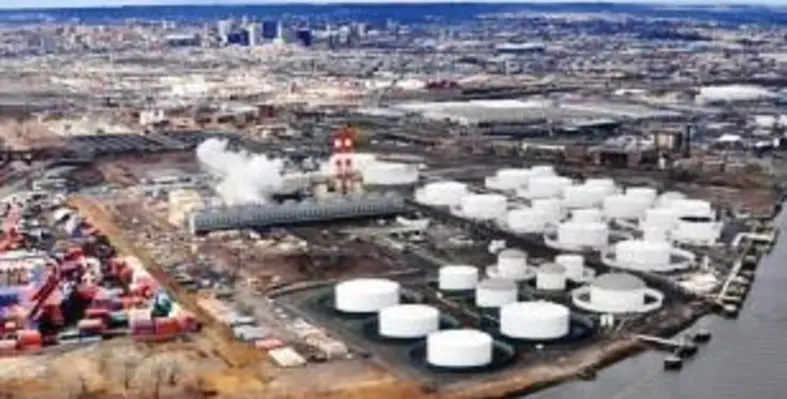Gas and variable renewables will be the only energy sources for which demand is higher in 2050 than today, but they must work together alongside greater uptake of carbon capture and storage (CCS) to secure a rapid energy transition
This is according to the DNV GL’s ‘2019 Energy Transition Outlook’, an independent forecast of developments in the world energy mix to 2050.
The report shows that gas will account for nearly 30 per cent of global energy supply, providing the world with a secure and affordable energy base and manufacturing feedstock.
The report suggests that a combination of energy sources – primarily gas and renewables – will be the fastest route to providing affordable, decarbonised energy in the run-up to mid-century.
Carbon capture and storage (CCS) will not be employed at-scale until the 2040s unless governments develop and enact more definitive policies on its use.
Liv A. Hovem, CEO, DNV GL – oil and gas, said, “All major routes to successfully decarbonizing gas rely on the large-scale uptake of carbon capture and storage. The future of CCS largely lies in the hands of policy-makers setting a higher carbon price than the cost of the technology. The industry can also play a role in stimulating quicker adoption by focusing on finding ways to reduce the cost of CCS technology.”
“Large-scale uptake of carbon capture and storage technology will unlock significant opportunities for hydrocarbon and renewable energy technologies to work together to decarbonise the energy mix. The energy industry must however also shift its mindset from ‘gas vs renewables’ to ‘gas and renewables’ for success,” she added.
DNV GL points out that the long-term, sustainable future of the oil and gas industry depends on its license to operate.
“Our sector will only have the opportunity to decarbonise if it maintains society’s trust through a sharp focus on safe operations and environmental performance. Companies’ ability to display the highest standards of safety and sustainability today will win the public support that the industry needs to decarbonise for tomorrow,” concluded Hovem.












